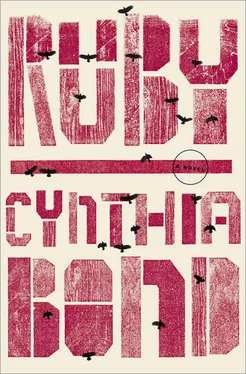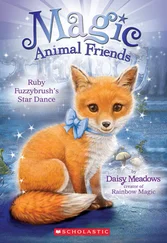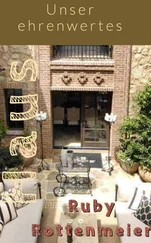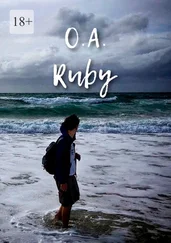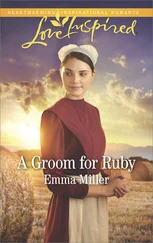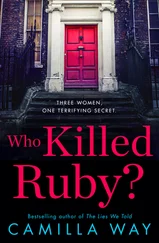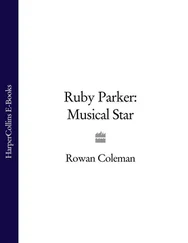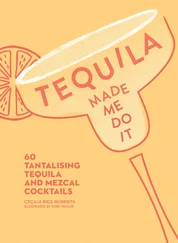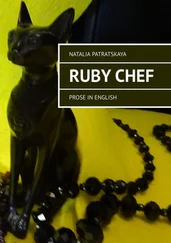At fourteen, Celia gathered her wits and stitched them into her apron. She gladly quit Lincoln High School and looked after Ephram, and their father when he came into town. In a year of chopping wood, and plowing ten acres of land, her arms grew thick and corded. Scars wrapped themselves about her shins and knees. At fifteen, her hair grew brittle from soap and steam, and her velvet eyes began to film with grease and onerous routine. At sixteen her full lips started their descent towards her jaw and grew tight with the anger of responsibility. At seventeen, Ephram came down with a sickness of the joints and she had to drag him back and forth from the County Hospital in Galveston for nigh on two years. She was nineteen years old when her father was found murdered out by Marion Lake. Ephram was only thirteen. And she’d tried the best she knew how to explain to him why Mama was still far away, and why awful men did bad things to good men. But looking at Ephram’s face, the only answers she could think of were not hers. They were found in God’s house, kneeling at His throne. She took Ephram by the hand, walked back into the church doors and began her new life in Christ. Where she stayed for the next thirty-two years.
And she was grateful. Of course she was. As she often said during testimony, “Satan set his hounds agin’ me, with a powerful mind to win me. But he chase me so high-hard, I run straight to the arms of God.” Celia had invented hundreds of what she called “Sanctified Saids” over the years. Different members of the congregation had their favorites and put in requests before service. Never a jealous man, the Pastor called upon Celia to testify often, said she had a gift.
It was only on rare spring nights, when the wind carried a pinch of jasmine into her window just before she fell asleep, that Celia would press her lips against her cupped palm … and wonder what it must be like to actually kiss.

THE DAY had long since broken its yolk and was high above the horizon. Ruby felt the morning tickling her fingers, tickling and biting. She opened her eyes and saw red ants scattered across her hands. She quickly brushed them off, wiping her palm across the ground killing an entire battalion. Then she saw the man. He was innocent with sleep. What was left of his cake lay in crumbs between them.
She watched the rise and fall of his broad chest. His head lay upon a shoulder of earth. A bit of wind crossed her lap and Ruby noticed her eldest child as she leaned up from her grave. She pressed her waxy hand on his chin. Then came the others, like Lilliputians to sleeping Gulliver. Some held back, while some went boldly over and sat on his chest, plucked at his eyelashes and played with his ears.
He didn’t move and Ruby liked it that way. He was nice enough. If only he had been a sweetbay magnolia or a thistle blossom and needed only rain and sun. But he was a man and would require much more than that. Most of the men she had ever met had been devils or boys, and she already had enough of both.
Ephram rose quickly, brushing ants from his hands, his slacks and shirt sleeves. But his movements swept the ghost children away as well. They tumbled and fell on the grass. Ruby glared at his carelessness.
Ephram saw the fear in her eye and looked slowly at the ground lest he startle her, his body still, his breath soft.
Ruby felt his practiced calm and lashed out, “Ain’t you got somewhere you need to be?”
She watched him chuckle. “Not anymore I don’t.”
Ruby stared at him. He looked at his watch and then up at the orange blue sky, shaking his head and grinning.
“Who you laughin’ at?” she spat.
A bittersweet relief stole across his face. “Myself.”
“Then don’t let me interrupt you.” Ruby rose abruptly. The children gathered behind her like clouds.
She was set to spring. Ephram knew the signs. He wanted something akin to the salt lick he’d used to call a young doe when he was twelve. Then, “I go get us some of Miss P’s tea cakes. Made fresh yesterday.”
Her eyes pulled to him. His voice easy, “P & K open an hour on Sunday before church. I be there back in no time.” He waited, couldn’t push.
“Suit yourself,” Ruby sniped.
Ephram wiped the sweat from his forehead, and set down the road he’d traveled only a few hours before.
Ruby watched him walk away, back wide, collar wet. The man was patient — like he’d learned sweets after spinach early in life. He would come for her after breakfast — of that Ruby was sure. Scared, then frantic and quick. Then leave ashamed. Shame was best — it was as pliant as biscuit dough.
The old crow perched on the white fence and cawed.
“Shut up,” Ruby managed, closing her eyes.
It fluttered across the road and the short distance into the yard, gently scolding.
Ruby growled, “None of your damn business.”
It was the same damn bird — big. So big it snapped the skinny branches it sat upon. The same one who’d been clamoring about the place nigh on eleven years. Some might call it a raven, but they would be wrong. Ruby could tell by the caw and the way it purred when it was lonely.
Her youngest began to fuss, so Ruby rocked him. She tried to settle all of her children. They were restless so she sang to them:
“Hush-a-bye, don’t you cry—
“Go to sleepy little baby.”
The black crow hopped down into Ruby’s yard, so she stretched her song across the ground.
“When you wake ,
“you’ll have cake
“and all the pretty little horses.”
Voice soft so she wouldn’t scare them. It was their favorite.
“Way down yonder ,
“in the meadow
“there’s a little baby crying.”
Her voice almost a whisper.
“Birds and butterflies ,
“Round his eyes ,
“Little baby finds his mama.”
Ruby felt them calm, their hands tucked under their cheeks, knees folded. Soon they were asleep.
She looked at the crow scratching the ground softly, then picking up a cluster of hard green berries and flapping up to a low branch. In two weeks the tiny fruit would be yellow, in a month it would ferment, making all the birds and squirrels tipsy. Ruby and Maggie had watched them as children, the robins gorging themselves and then flying off like drunken pilots. Chickens, pigs and goats would nibble the shrunken brownish beads and wobble as they walked away, only to come back the next day. Maggie and Ruby had laughed and giggled in the front yard, saying they should open a Chinaberry Juke.
Years later, when Ruby returned to Liberty she had watched the tree in late August and smiled, especially at the large crow who seemed to have imbibed more than most — flapping and falling, stunned in the front yard. When the Rankins’ foxhound happened by, Ruby had decided to go outside and sit near her to keep the dog at bay. They had been friends ever since.
The bird cawed once more. Ruby looked around. The land felt different. The man’s footprints were still in the dust and the hill had not yet covered them. She looked down at her hands. The cut in her thumb, clumped with dirt. She thought about the polish she had worn into Liberty. The manicure Mrs. Gladdington had taken her to have in a private salon in Chelsea. She had chosen Lost Red by Elizabeth Arden. Ruby saw the clean taper of her hands folded in her lap as she took the train from New York. The brilliant scarlet of each perfect nail.

IT WAS the wrong Liberty. One hundred and four miles southwest from its Colored namesake, Liberty Township. Ruby should have known it the moment she bought the ticket at Penn Station, but the air about her was charged, and her thinking had flared and dimmed like a faulty fuse. Colors had flashed so bright that she’d had to wear her sunglasses inside, and sometimes the sound of static had fizzed and scratched in her ears.
Читать дальше
